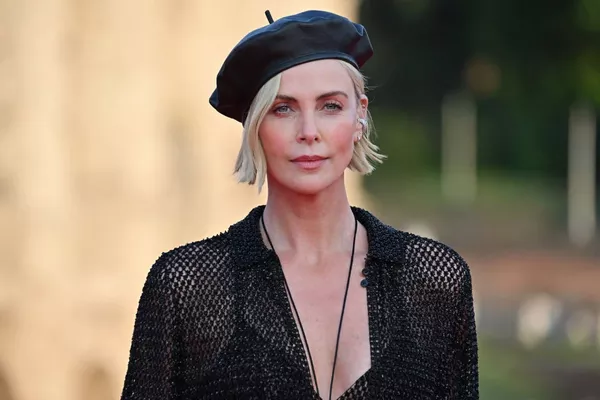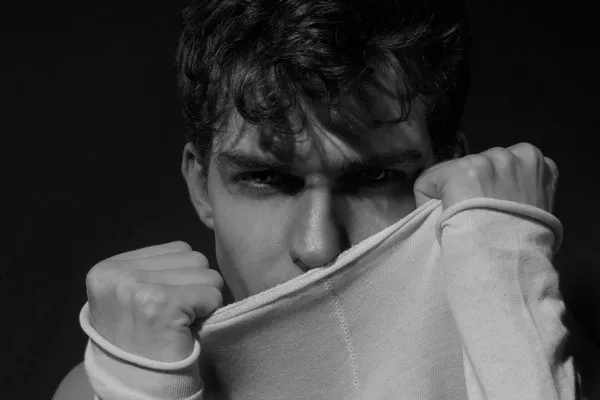In the ever-evolving landscape of the music industry, where trends come and go, there emerges a rare talent that not only captivates audiences but leaves an indelible mark on pop culture. Billie Eilish, a name that has become synonymous with innovation and authenticity, has achieved a level of fame that is as remarkable as it is intriguing. From her humble beginnings to becoming a global sensation, the journey of Billie Eilish’s rise to fame is a testament to the power of talent, individuality, and strategic management.
A Musical Prodigy Emerges: Early Beginnings
Billie Eilish Pirate Baird O’Connell, born on December 18, 2001, in Los Angeles, California, was seemingly destined for a life in the arts. Coming from a family with a strong connection to the entertainment industry, Billie’s creative inclinations were nurtured from an early age. Her parents, both musicians, encouraged her to explore her musical interests, setting the stage for her eventual foray into the world of music.
SoundCloud Success: The Digital Age Launchpad
The emergence of online platforms for sharing music marked a turning point in the music industry, democratizing the process of discovery and opening doors for emerging artists. Billie Eilish’s breakthrough came in 2015 when she uploaded her debut single “Ocean Eyes” to SoundCloud. The song’s haunting vocals and intimate lyrics resonated with listeners, showcasing Billie’s unique sound and captivating style. The track quickly went viral, garnering millions of streams and catching the attention of industry insiders.
Sibling Synergy: Collaborative Creativity
A significant factor contributing to Billie Eilish’s rise to fame is the collaborative synergy between her and her older brother, Finneas O’Connell. Finneas, an accomplished musician and producer in his own right, became Billie’s songwriting and production partner. The sibling duo’s creative bond proved to be a driving force behind their distinctive sound. Working together in their home studio, they harnessed their individual strengths to craft music that defied genre norms and resonated with a diverse audience.
Aesthetic Authenticity: Defying Conventional Norms
In an era where artists are often molded to fit industry molds, Billie Eilish stood out for her unapologetic embrace of individuality. With her distinctive fashion sense, characterized by oversized clothing and bold accessories, Billie challenged beauty standards and encouraged fans to embrace their own uniqueness. This authenticity extended to her music, where she fearlessly explored themes of mental health, heartbreak, and self-discovery, connecting with listeners on a deeply emotional level.
The Power of Visuals: Trailblazing Music Videos
In an age where visual content plays a pivotal role in an artist’s success, Billie Eilish leveraged the power of music videos to enhance her artistic narrative. Collaborating with directors who shared her vision, Eilish’s music videos became captivating visual spectacles that complemented her music’s emotional depth. The video for “Bad Guy,” for instance, showcased her ability to infuse dark humor into her art, further endearing her to fans and solidifying her reputation as a boundary-pushing artist.
Gen Z Connection: Relatability and Resonance
Billie Eilish’s meteoric rise is closely tied to her ability to connect with Generation Z, a demographic hungry for authenticity and substance. As a member of Gen Z herself, Eilish’s music and persona speak directly to the experiences and emotions of her peers. Her willingness to openly discuss mental health struggles and the challenges of growing up in the digital age resonates with a generation grappling with similar issues, fostering a sense of camaraderie between artist and audience.
Strategic Social Media Utilization: From TikTok to Trends
Billie Eilish’s ascent to fame coincided with the rise of social media platforms as influential vehicles for promoting music. Her team adeptly harnessed platforms like TikTok to amplify her songs, initiating viral challenges and encouraging user-generated content. The catchy hooks and relatable themes of her music lent themselves well to these trends, resulting in increased visibility and engagement. Eilish’s social media presence was also characterized by authenticity, giving fans an unfiltered glimpse into her life and further cementing her relatability.
Grammy Triumph: Industry Recognition and Validation
In 2020, Billie Eilish’s accomplishments reached new heights as she became the youngest artist to win the “big four” Grammy Awards: Record of the Year, Album of the Year, Song of the Year, and Best New Artist. This sweep of prestigious awards not only solidified her status as a musical powerhouse but also signaled a shift in industry preferences toward artists who prioritize artistic integrity and emotional depth over commercial conformity.
The Ongoing Legacy: Redefining the Future
Billie Eilish’s journey from a teenager uploading tracks on SoundCloud to a global superstar is a testament to her exceptional talent, unwavering authenticity, and strategic adaptability. Her influence extends beyond music; she has redefined the modern pop star archetype and set new standards for what it means to connect with an audience on a profound level. As her career continues to evolve, one thing remains certain: Billie Eilish’s impact on the music industry and popular culture will continue to be felt for years to come.
Conclusion
Billie Eilish’s rise to fame is a confluence of factors that converged in a perfect storm of talent, innovation, and authenticity. Her ability to resonate with a generation seeking substance and relatability, her strategic use of social media and viral trends, and her willingness to defy conventional norms have all contributed to her extraordinary success. As the music industry continues to evolve, Eilish’s legacy serves as a testament to the enduring power of individuality and artistic vision.


























